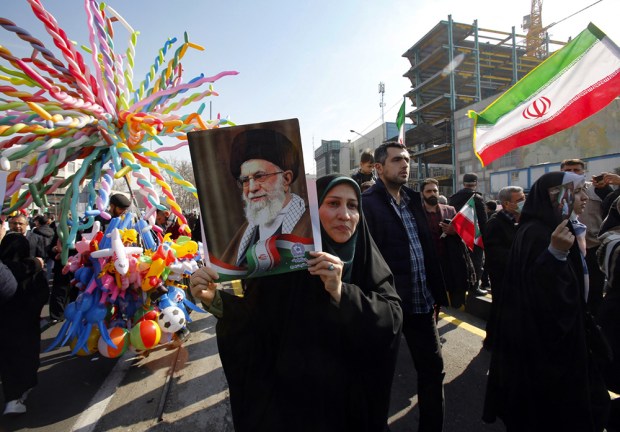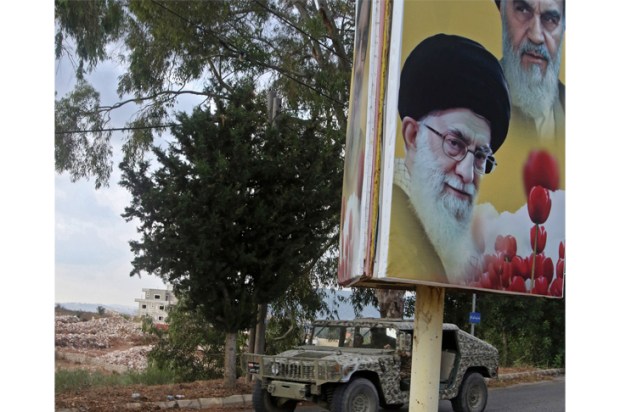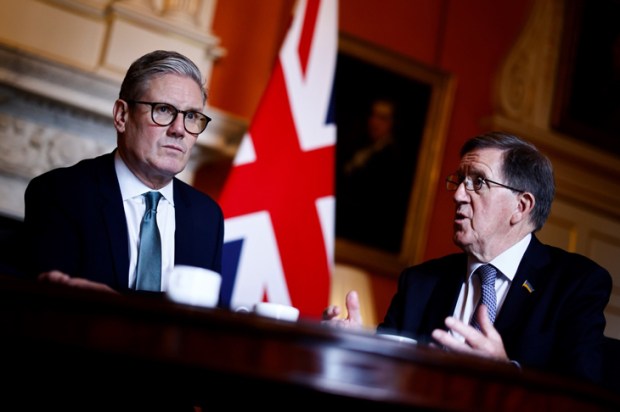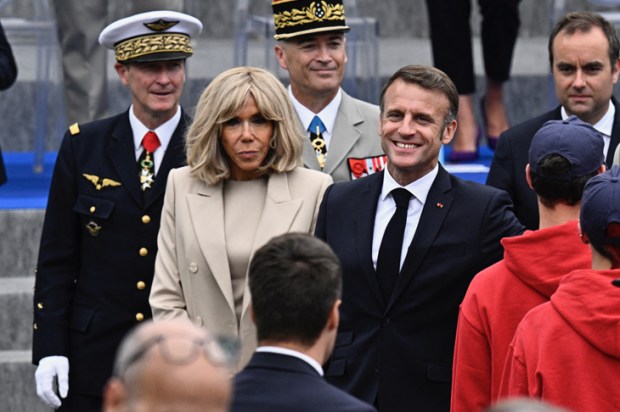Iran’s military drone sales to Russia and the raging Iranian protests have exposed the Islamic Republic’s history of civil unrest, brutality and imperialistic expansion, as well as the hypocrisy and betrayal by world powers that appeased the regime to achieve a nuclear deal.
A well-developed drone and missile industry proved Iran’s capability with strikes against Saudi Arabia, the UAE and commercial tankers in the Gulf of Oman.
Already a subscriber? Log in
Subscribe for just $2 a week
Try a month of The Spectator Australia absolutely free and without commitment. Not only that but – if you choose to continue – you’ll pay just $2 a week for your first year.
- Unlimited access to spectator.com.au and app
- The weekly edition on the Spectator Australia app
- Spectator podcasts and newsletters
- Full access to spectator.co.uk
Or
Unlock this article
You might disagree with half of it, but you’ll enjoy reading all of it. Try your first month for free, then just $2 a week for the remainder of your first year.














Comments
Don't miss out
Join the conversation with other Spectator Australia readers. Subscribe to leave a comment.
SUBSCRIBEAlready a subscriber? Log in